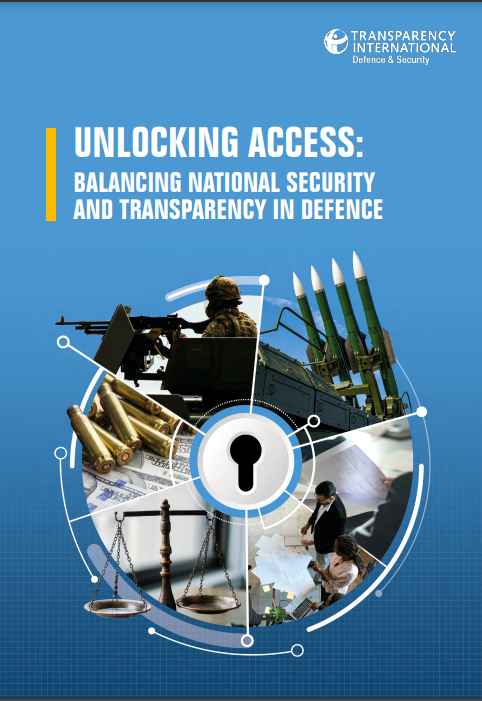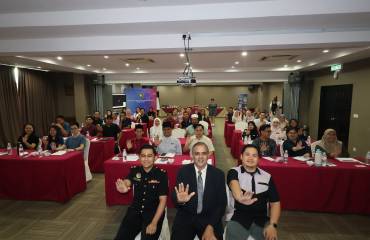
Information exchange within government facilitates various types of accountability – from parliamentary scrutiny of executive decisions, to audits of the government’s use of public funds as well as disciplinary sanctions for public officials. More importantly, information disclosure to the public by government bodies also forms the foundation for meaningful citizen engagement and accountability. This is true not just for voting and activism, but for interest in the policies that determine the course of daily life, including whether the security forces are absent, overmilitarised, or well-balanced.
Legitimate national security interests are best safeguarded when the public is well-informed about government activities, including those undertaken to ensure safety and protection. Access to information enables public scrutiny of government action and facilitates public contribution to policymaking and national debate, thus serving as a crucial component of genuine national security, democratic participation, and sound policy formulation. Access to information is also a specific aspect of governance that involves the intentional disclosure of information. These policies require the release of information that is relevant to the public, and is also accessible, accurate and timely.
This report provides an overview of the state of defence transparency and access to information related to defence and security sectors worldwide, drawing on the Government Defence Integrity (GDI) database on institutional integrity and corruption risk. In light
of increasing global military spending (with a new world record of $2.443 trillion recorded in 2023) the overarching focus is on access to defence-related financial information, as transparency and appropriate oversight of defence finances remain critical for public
accountability, among others.
Further, this report also includes a review of global standards for transparency that apply to the defence sector, specifically the UN Convention Against Corruption (UNCAC) and the Global Principles on National Security and the Right to Information (or Tshwane Principles). This is coupled with specific exploration of five country cases (Armenia, Guatemala, Malaysia, Niger, and Tunisia) and insights from their legal frameworks and implementation experiences. It concludes with recommendations for good practice to enhance access to information.
UNLOCKING ACCESS: BALANCING NATIONAL SECURITY AND TRANSPARENCY IN DEFENCE









